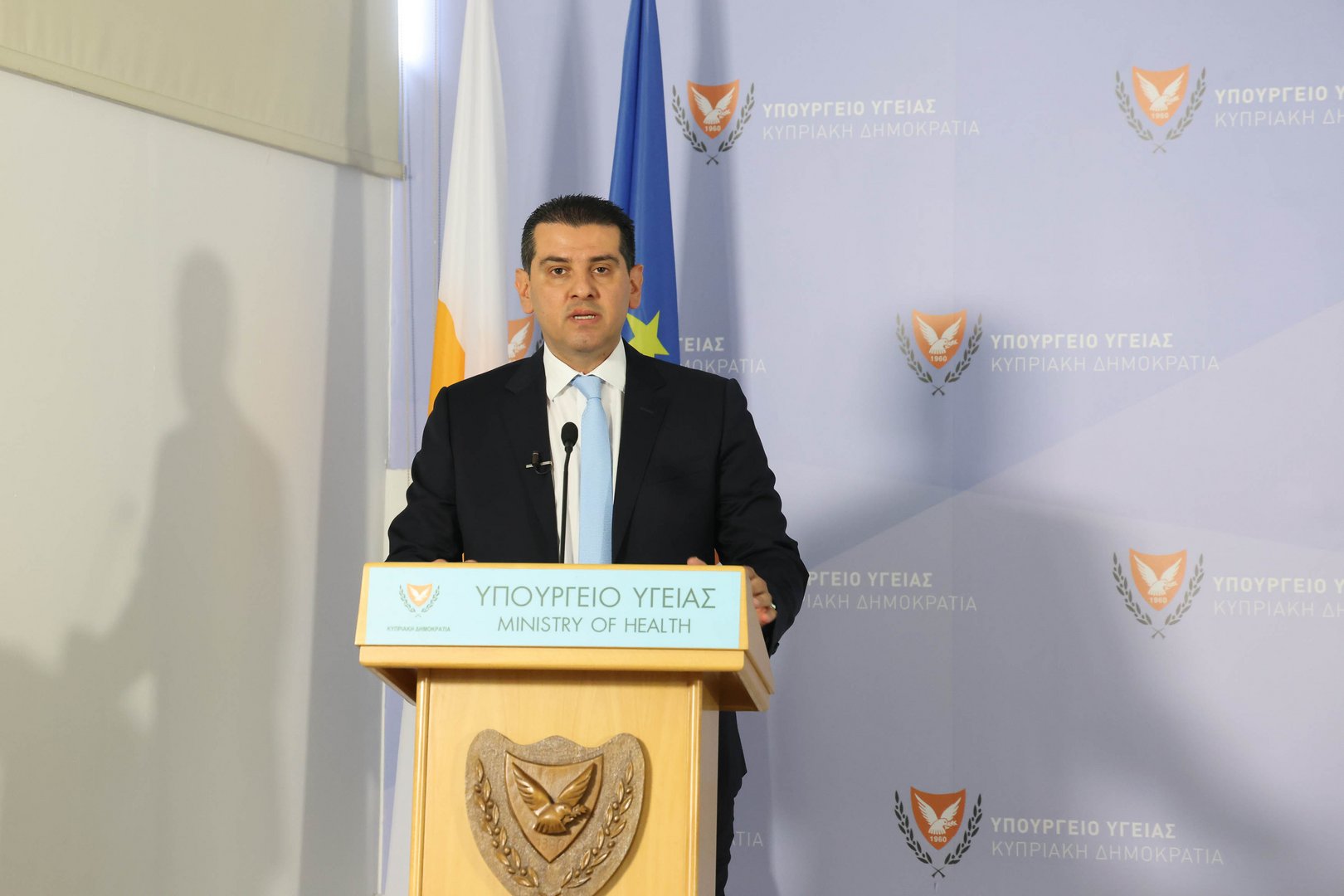An estimated 60,000 people in Cyprus suffer from rare diseases, Health Minister Michael Damianos said on Friday. He pledged that the ministry would move methodically to establish a comprehensive strategy for rare diseases.
Speaking at a press conference to mark world rare disease day, Damianos acknowledged the “many challenges” faced by patients. He reaffirmed the government’s commitment to improving their quality of life.
According to the Cyprus federation of patient associations, a disease is classified as rare when it affects up to five in 10,000 people. More than 7,000 rare diseases have been identified globally, with 75 per cent having a genetic cause.
Worryingly, 95 per cent of these diseases currently have no available treatment, exacerbating difficulties for patients and their families.
Prior to the press conference, an open discussion was held at the health ministry through the national committee for rare diseases. participants emphasised the need for a structured framework to ensure better care for patients.
“The European Union has made rare diseases a high priority, promoting national strategies, research, and cross-border cooperation,” Damianos stated.
“In Cyprus, despite significant progress, gaps remain that require a coordinated response.”
The minister assured that his ministry would continue working with stakeholders, patient organisations, and the international community to enhance awareness, research, and services for rare diseases.
House president Annita Demetriou, in a speech delivered on her behalf by Disy MP Savia Orphanidou, stressed the state’s responsibility to act decisively.
“Our policies must ensure timely diagnosis, medical innovation, and fair access to specialised treatment, which is often costly and difficult to obtain,” she said.
Former EU health commissioner Stella Kyriakides also highlighted the EU’s prioritisation of rare diseases, reiterating the importance of national strategies and international collaboration.
Dr Violetta Anastasiadou, president of the national committee for rare diseases, noted that Cyprus stands alongside 35 million patients in Europe and 300 million globally. She announced plans for further discussions and workshops to draft a legislative framework ensuring access to high-quality medical care, social inclusion, and support.
“World rare disease day aims to raise awareness and press governments to adapt health and welfare systems to meet the needs of rare disease patients,” she said.
In a statement, the Cyprus federation of patient associations highlighted the lack of specialised medical knowledge in Cyprus due to its small population. It called for the recognition of national centres of excellence, participation in European reference networks, and cross-border agreements with specialised centres abroad.
“Health systems must be adapted to guarantee equal access to diagnosis, treatment, and continuous care,” the federation urged, calling on society and the state to actively support awareness initiatives.
World rare disease day events will conclude on Friday with the illumination of landmarks across Cyprus.






Click here to change your cookie preferences